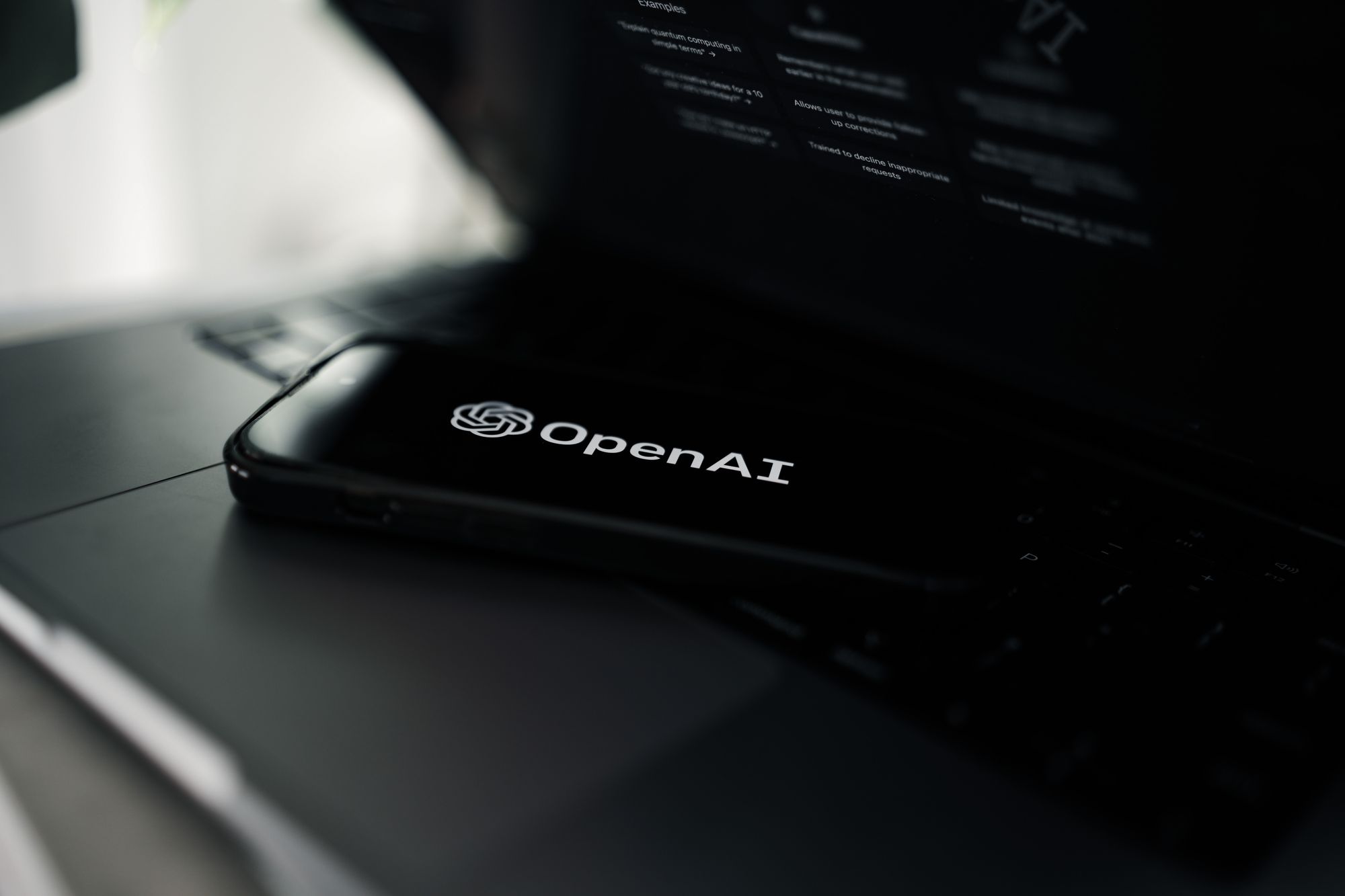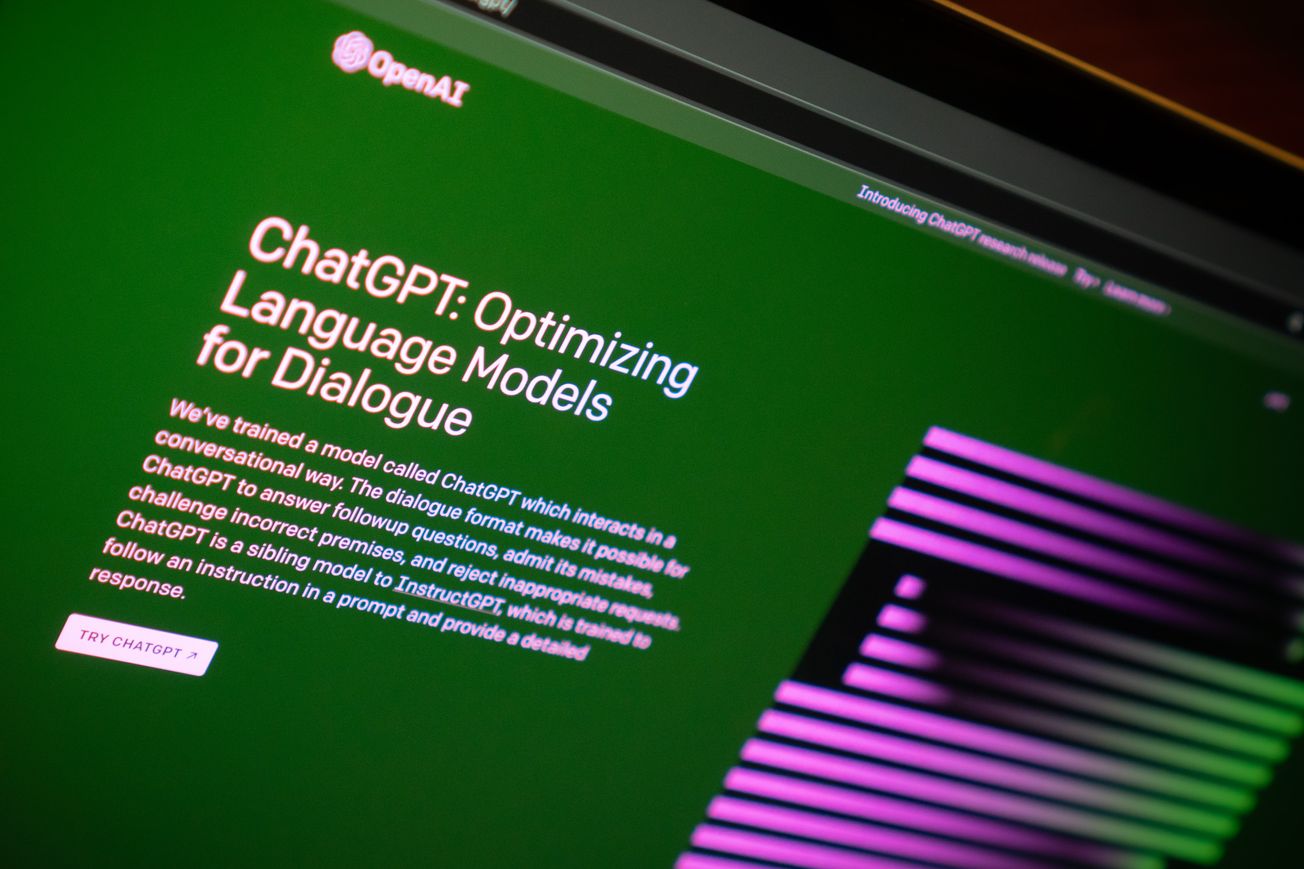By Tiberiu Toca, SciTech Investigations Editor
As technology continues to advance, the educational landscape is evolving rapidly. One significant development is the integration of artificial intelligence (AI) in education. AI is revolutionising how we teach and learn and one of the most exciting applications of AI in education is the use of chatbots.
Chatbots are computer programs designed to simulate conversation with human users, and they are increasingly being used in the education sector to provide personalised support and assistance to learners. Among these chatbots, ChatGPT has emerged as a powerful tool. In this article, we will explore the role of ChatGPT in the educational system and examine the potential consequences of using this AI-powered tool in education.
In December of 2022, ChatGPT was released to the general public by OpenAI, a firm that does artificial intelligence research and development. Anyone with a device and internet connectivity can use ChatGPT for free, making it broadly available, especially for students who are currently all digital natives. ChatGPT uses its intelligence to receive, examine, and then generate a response that mimics real human speech. The AI combines a vast database and a transformer-based neural network in the program to assess the incoming data and produce a response. As soon as a human user enters a query or command into ChatGPT, artificial intelligence analyses the language and produces a reply based on the information in the neural network.

For instance, if a teacher is teaching a course on the Revolutionary War and there is a class discussion regarding why the war was launched, ChatGPT would give students an immediate, succinct, and clear response that they could read in real-time. ChatGPT can support debates and provide the professors with in-the-moment responses.
Assessments can be created and completed with ChatGPT. Instructors can input data and context into the AI algorithm, and ChatGPT will produce a result. It could need some adjusting, but it might be an excellent place for teachers to start when making their own tests from scratch. Students can immediately receive feedback through ChatGPT, which can assist them get better at writing.
Automation can speed up one of a teacher's most time-consuming responsibilities: grading, which is found everywhere. Teachers will have more time to develop interesting lesson plans and devote more attention to their students thanks to ChatGPT's ability to grade and provide comments on assignments. ChatGPT also acts as a writing aid.
High intelligence and a wealth of resources are features of ChatGPT. Yet, its database is made up of online sources, a number of which obviously contain errors. The University of Bristol advises that its students must use ChatGPT as nothing more than a source akin to Wikipedia, as although it can be an excellent approach to gain broad knowledge and act as a starting point, it cannot be cited as a source.
Try talking with ChatGPT, our new AI system which is optimized for dialogue. Your feedback will help us improve it. https://t.co/sHDm57g3Kr
— OpenAI (@OpenAI) November 30, 2022
ChatGPT emphasises how rapidly new goods are developed and how quickly educational systems will need to adapt. Governments must set the standards for what technology is used in schools and how it is used in order to guarantee high-quality, secure goods and prevent surprises. Certain actions are being taken globally. The UK intends to employ EdTech to address particular learning requirements.
According to a recent study of 1,000 college students by the online publication ‘Intelligent’, 30% of respondents used ChatGPT for written tasks, while over 60% of students were using the chatbot for more than half of all of their assignments. Given that ChatGPT passed graduate-level tests at notable schools like the University of Pennsylvania's Wharton School of Business, most universities are concerned about how ChatGPT could affect student work and assessments, according to CNN. The biggest school systems in the nation have prohibited the use of the technology out of fear that pupils may use it as a shortcut for essays and other writing projects as well as tests.
Students must learn how to direct an AI writing tool to produce valuable output and understand how to assess its quality, accuracy, and originality in order to stay competitive throughout their careers. They will need to understand how to communicate constructively with AI systems as professionals who work into the 2060s and even beyond, using them to both supplement and improve human ingenuity with the incredible power offered by mid-21st-century AI.
There are practical benefits to approaching ChatGPT as an opportunity rather than a danger in addition to the solid pedagogical ones. Simply put, it is impossible to effectively restrict the use of this technology. Whether there is an honour code in place or not, most students will find it difficult to resist the urge to use AI to improve their work.
Further, how exactly would a school enforce a ChatGPT restriction? The AI composing tools will continue to be one step ahead of the technique for identifying AI text in the ensuing arms race.
Featured image: Jonathan Kemper/Unsplash
Do you think ChatGPT can be a helpful tool in education?









